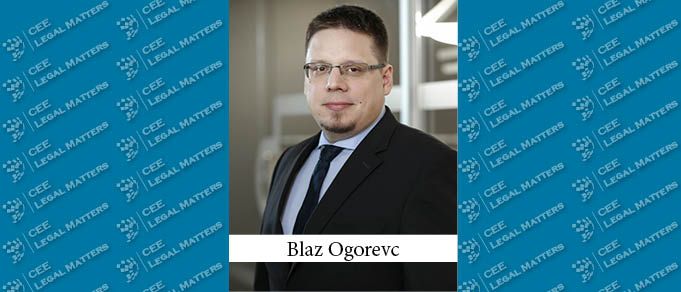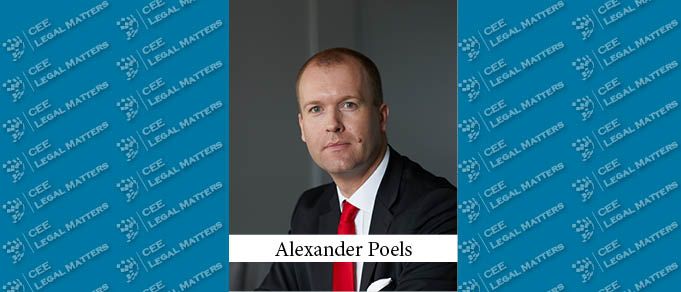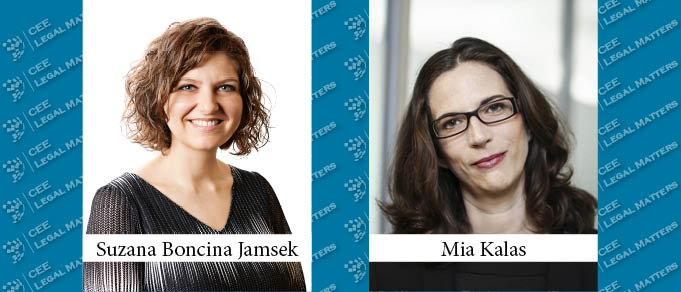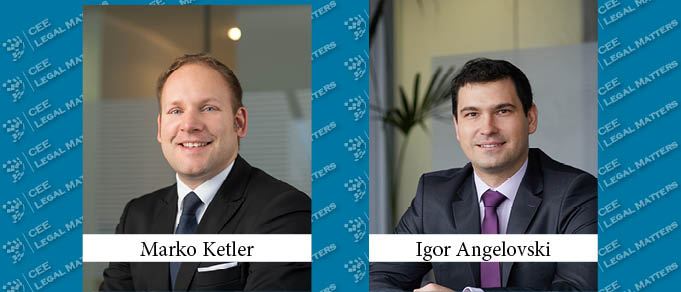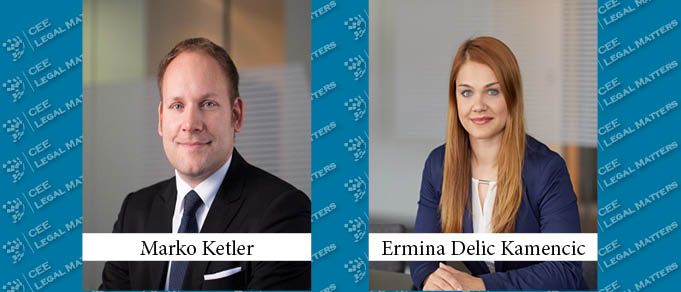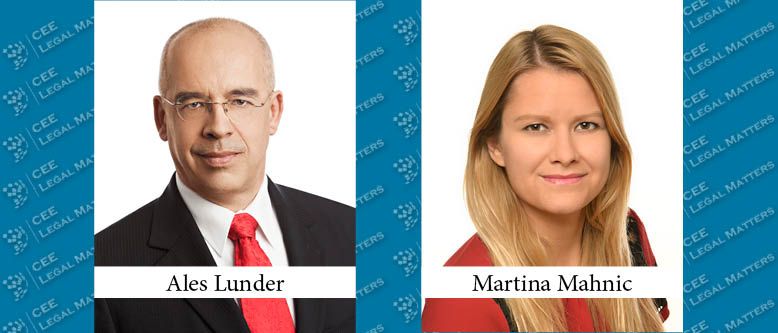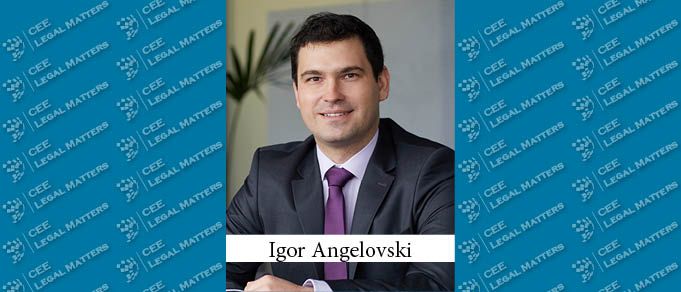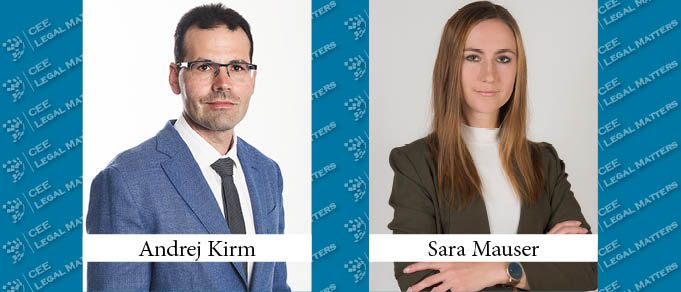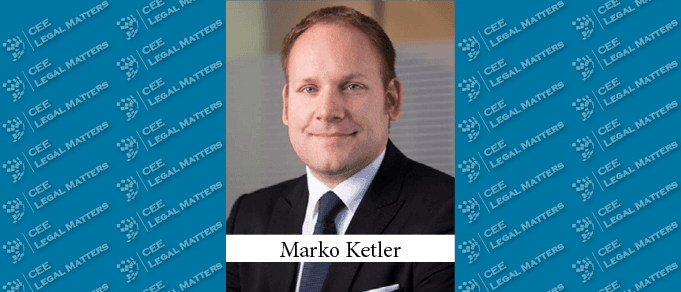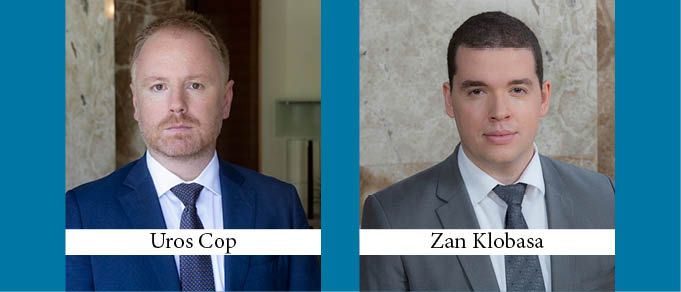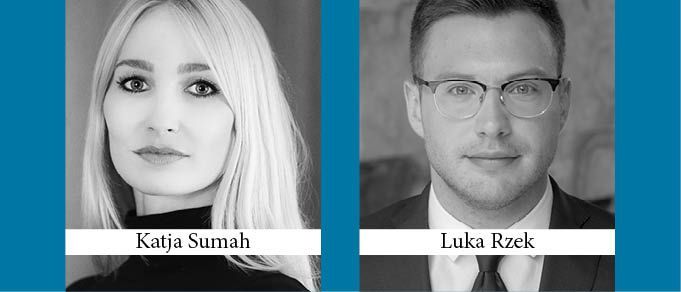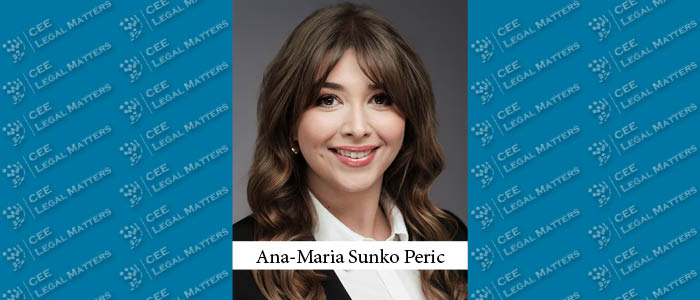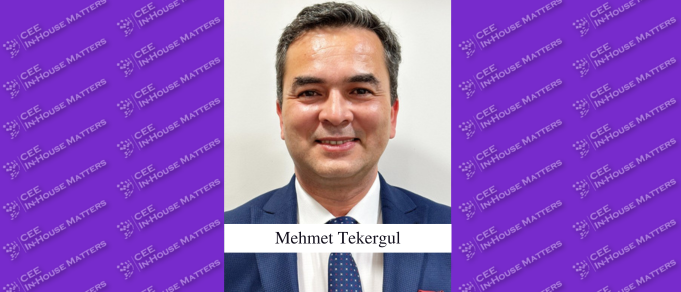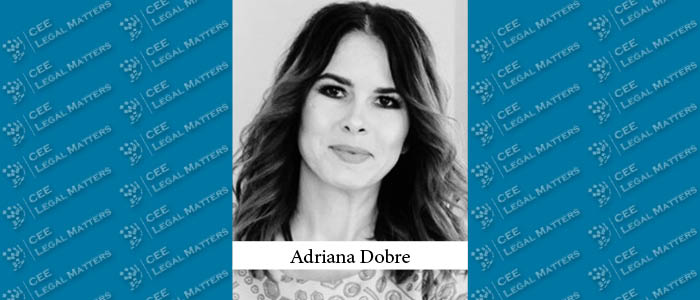The recent upturn of the Slovenian real estate market has yielded a raft of new logistics projects and residential developments, as well as substantially increasing the scope and number of retail real estate transactions. A significant share of Slovenian retail properties changed hands, mostly as a consequence of the financial or organizational restructuring of the previous holders. This opened the market to both institutional and strategic investors.
The Corner Office: Legal Tech
In The Corner Office we ask Managing Partners across Central and Eastern Europe about their unique roles and responsibilities. The question this time around: What was the most useful or valuable piece of software or new technology your firm has acquired in the past five years?
Expat on the Market: Alexander Poels, Director of International Relations, Karanovic & Partners
CEELM: Run us through your background, and how you ended up in your current role with Karanovic & Partners.
Inside Out: Don Don Debt Refinancing
The Deal: In July, CEE Legal Matters reported that the Slovenian office of ODI Law had represented AIK Banka and SKB Banka (Societe Generale’s Slovenian entity), on the EUR 36 million cross-border syndicated debt refinancing of the Don Don Group – a regional industrial bakers with plants in Slovenia, Croatia, Serbia, Bosnia and Herzegovina, Montenegro, and Bulgaria. Selih & Partnerji advised Don Don on the deal.
Is the Market for Medical Devices in Slovenia and Within the EU Becoming More Significant?
The significance of medical devices is most certainly on the rise, considering not only its importance to patients, for whom medical devices represent life enhancing products, but also developments in innovation, economics, and in the regulatory and legal sphere. Issues such as data privacy in the field of medical devices were not noticeable until connectivity became a trend in medical devices and the GDPR was adopted. Similarly, the possibility of a cyber-attack on a medical device connected to the Internet became a possibility. Even though the question of product liability has always been present, recent decisions by the European Court of Justice provided new interpretations of existing legal terms and, importantly, introduced product batch liability.
General Counsel as Business Advisors in the Balkans
In addition to their traditional role guiding companies through legal and regulatory waters and managing disputes, General Counsels are increasingly called upon to provide input on strategic matters. An expert panel at the second annual Balkan GC Summit considered how this change in the nature of the General Counsel role is manifesting itself in the countries of the former Yugoslavia.
Implications of Benchmark Rates Reforms in Slovenia
The wide usage of benchmark rates and their key role in the financial system requires that they be reliable and defiant to any manipulation. To ensure this, the EU undertook to reform the benchmark rate determination process and improve market confidence in them, resulting in the adoption of the EU Benchmarks Regulation (the BMR).
The Corner Office: The Most Difficult Lay-Off
In “The Corner Office” we ask Managing Partners across Central and Eastern Europe about their unique roles and responsibilities. The question this time around: What was the most difficult or unpleasant experience you had terminating someone’s employment?”
The Dawn of Artificial Intelligence Regulation
No innovations have ever had the magnitude of impact on everyday life as those pertaining to information technology and communication. As a result of their sophistication, endless amounts of data are readily available to us today, at any moment. Artificial Intelligence, making full use of this abundant resource, is a new technological tool sweeping through our world, promising to once again revolutionize our everyday lives. For that reason, it is of utmost importance that appropriate rules are adopted early on to foster innovation and trust in Artificial Intelligence, while ensuring respect for human rights and democratic values.
Trends in Liability for Defective Products Involving Vaccines
Pharmaceutical products have been in the spotlight of the Council of the European Union’s Product Liability Directive since its adoption in 1985. Despite the amount of time that has passed, some legal uncertainties remain that strike directly at the notion of defectiveness, as well as the causal link between the defect and the damage (which proved to be even more important in the case of pharmaceutical products). Establishing such causal link in cases involving vaccines is notoriously difficult, especially from the perspective of a lay consumer. This has led some EU member states, such as France, to introduce case law aimed at facilitating the burden of proof in specific sectors.
Anticipated Changes in the Regulation of Slovenian Agricultural Land
Structural changes are being proposed to Slovenia’s agricultural land policy to incentivize young farmers to purchase and lease agricultural land and increase food self-sufficiency. Many companies strongly oppose some of these proposals.
The Corner Office: Performance Reviews
In The Corner Office we ask Managing Partners across CEE about their unique roles and responsibilities. The question this time around: How do you do performance reviews, and how important are they to the planning and management of the firm?”
Guest Editorial: Welcome to the Slovenian Legal Market
After a few troublesome years during the global financial crisis, it seems like Slovenia is on a positive economic route again. On December 14, 2018, S&P Global Ratings affirmed an “A+/A-1” credit rating for Slovenia with a positive outlook. Slovenian GDP has grown in the last two years between three and four percent annually, with a growth forecast for 2019 of 3.4 percent.
Investing in the Slovenian Automotive Production Industry
If you are a company conducting business in the automotive industry with intentions of expanding on the European market, where do you look? The answer may be the Central European country of Slovenia.
Guest Editorial: Rise to the Occasion
Needless to say, business in the European Union is going through some turbulent times. How this is affecting the CEE region and how business in the region will adapt to this never-ending uncertainty is the million-dollar question that everyone is asking at the beginning of 2019.
Cryptocurrency Tax Regime in Slovenia
As in almost all other jurisdictions, in Slovenia there are no cryptocurrency-specific tax laws. In order to shed light on the tax treatment of the cryptocurrency in Slovenia, in June 2018 the Financial Administration of the Republic of Slovenia (FURS) issued the extended and updated Guidelines on Tax Treatment of Cryptocurrencies in Slovenia (the “Guidelines”).
The Position of Intervener in Procedure Before the Slovenian Competition Protection Agency
The well-formed regulation of competition is a precondition for a healthy and effective market. Thus, countries have to not only adopt appropriate legislation, but also ensure that the relevant authorities will enforce that legislation in a way that allows all participants in the market to carry out their activities in a fair environment.
How to Become a Qualifying Shareholder in a “Euro” Bank: A Regulatory Point of View
A “qualifying shareholder” is any person intending to acquire or increase his or her bank shares in order to achieve or exceed a qualifying holding. The qualifying shareholder must be authorized by the European banking supervisor, the European Central Bank. Such authorization is first needed upon the acquisition of ten percent or more of the shares and/or voting rights in a bank. Subsequent authorizations are required when acquisitions of twenty, thirty, and/or fifty percent of the shares and/or voting rights in the bank are made. Importantly, the authorization procedure is activated not only upon the crossing of the relevant thresholds but also when the acquirer obtains the right to appoint the majority of the management board or any other means of exerting a significant influence on the bank’s management.

